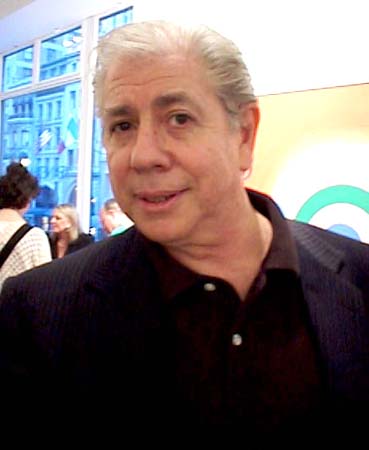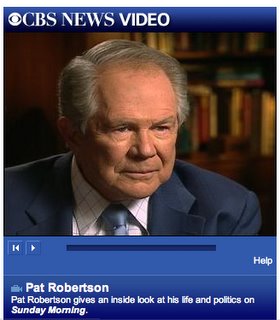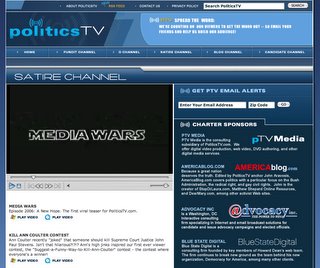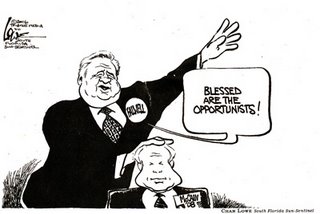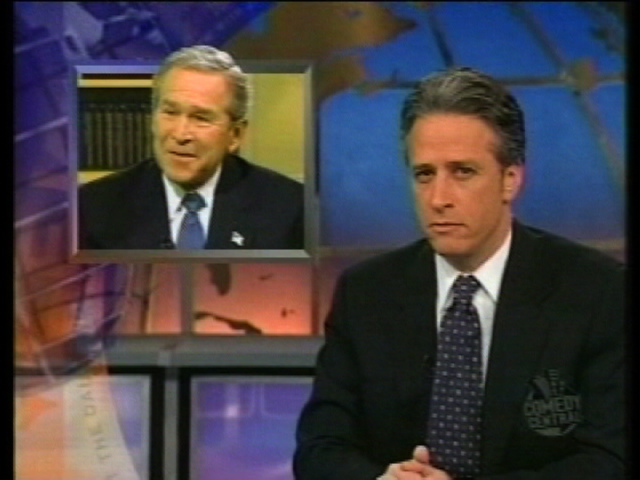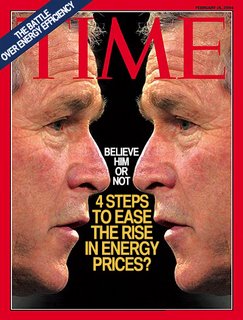
On Tuesday, April 25th, President Bush outlined a series of short-term steps intended to ease the rise in energy prices. But in his 2007 budget, spending is down 17% for research aimed at cutting energy costs.
What?
Let me recite the facts:
- BusinessWeek's May 1, 2006 issue, in an article entitled "Dark Days for Energy Efficiency," describes federal funding cutbacks for research aimed at cutting energy use.
- An increasing share of research money is going to biofuels and hyrodgen. "They talk the talk but are pulling the rug out from under these [efficiency] programs just when they are needed most."
- In his State of the Union speech on Jan.31, President Bush called for investment in technology to break our "addiction" to oil. Just before a follow-up Presidential visit to the National Renewable Energy Laboratory in Golden, Colo., the White House found that the lab had just laid of 32 workers because of budget cuts.
- These government efforts pay big dividends. Setting efficiency standards for refrigerators alone is saving nearly $20 billion a year, the California Energy Commission estimates. But the Bush Administration has so far failed to update appliance standards.
- In another federal program, university engineering students help small and medium-size companies reduce energy use. The $6 million per year effort brings $40 million in annual savings and trains new efficiency experts. But the number of universities involved is slated to be cut in half.
- The White House's four-part plan to confront high gasoline prices called for price-fixing investigations and several measures aimed at holding down the fast-rising costs of driving including easing pollution rules and diverting oil reserves.
- The Washington Post said in a 4/26/06 article by Jim VandeHei and Steven Mufson: "Privately, Republicans said price-fixing investigations are good politics but unlikely to result in any significant punishments or price changes this year. Bob Slaughter, president of the National Petrochemical & Refiners Assoc., said that it "does smack of 'round up the usual suspects.'"
- From the same Washington Post article: "Bush's order to suspend oil shipments to the strategic oil reserve -- the government's emergency supply for national security or other crisis -- will increase the domestic supply by less than 1 percent. This could save consumers a few cents per gallon at best, energy experts said. Philip K. Verleger, an Aspen, Colo.-based oil consultant, said that Bush's proposals were "more or less like prescribing aspirin to take care of prostate cancer.""
Me thinketh someone speaks with forked tongue.
* The Time Magazine cover shown above is a spoof of the February, 2004 cover about Bush's credibility gap.
 Dr. James Hansen, director of NASA's Goddard Institute for Space Studies, is a courageous man. He's unpopular within the Bush White House (and treated and written about accordingly), and has even been subject to pressure within his own agency as well.
Dr. James Hansen, director of NASA's Goddard Institute for Space Studies, is a courageous man. He's unpopular within the Bush White House (and treated and written about accordingly), and has even been subject to pressure within his own agency as well.
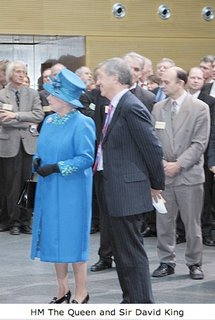
 Gerhard Schröder said: "Combating climate change is one of the key challenges of the 21st century. In order to effectively counter its consequences, the emission of greenhouse gases around the world must be substantially reduced."
Gerhard Schröder said: "Combating climate change is one of the key challenges of the 21st century. In order to effectively counter its consequences, the emission of greenhouse gases around the world must be substantially reduced."


